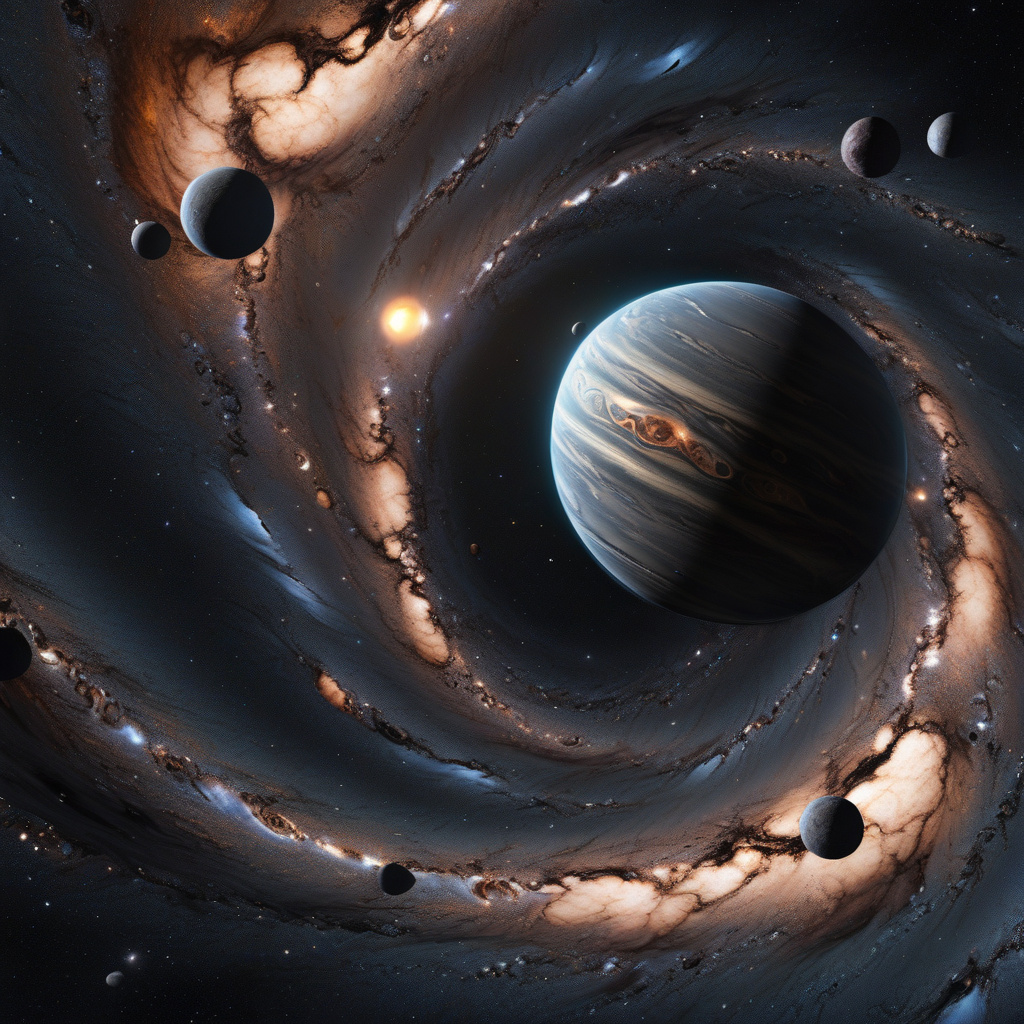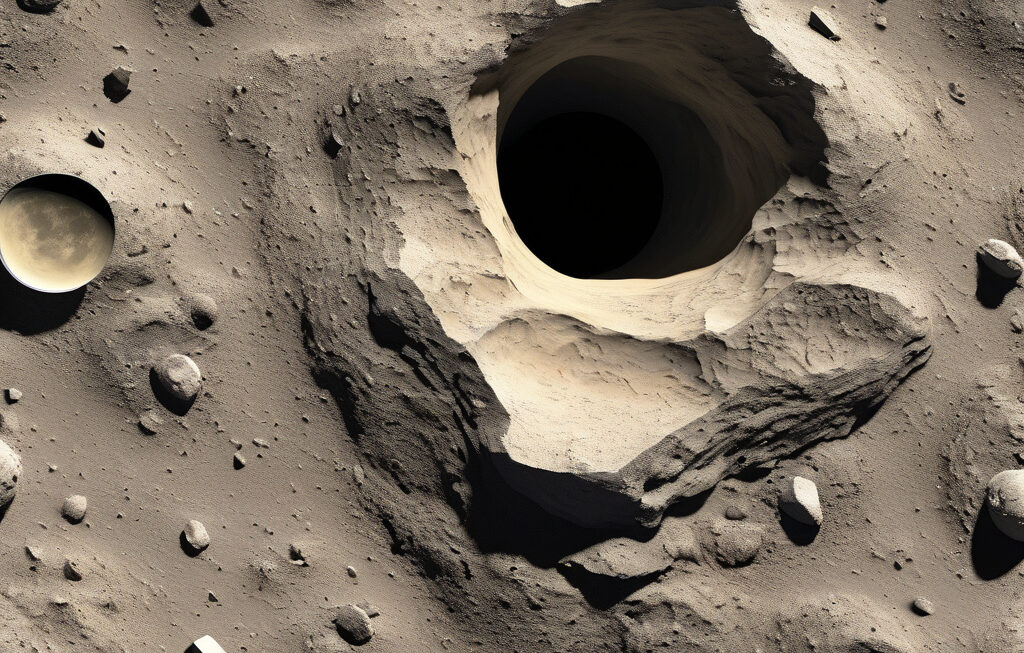Dark Matter Could Turn Exoplanets into Tiny Black Holes, Shocking Study Reveals
A study suggests that exoplanets could be used to search for dark matter — the elusive substance that makes up approximately 85% of the universe’s mass. According to researchers at the University of Illinois Urbana-Champaign, dark matter could accumulate within the cores of exoplanets, leading to a catastrophic transformation into miniature black holes.
The concept of dark matter has long perplexed scientists, as it does not emit, absorb, or reflect light, making it invisible and undetectable through traditional means. However, its gravitational effects on celestial bodies have been well-documented, prompting researchers to explore alternative methods of studying this enigmatic substance.
By modeling the behavior of dark matter within exoplanets, the study proposes that these alien worlds could serve as unique laboratories for detecting and studying dark matter. As dark matter particles accumulate within an exoplanet’s core over billions of years, the immense pressure and density could trigger a phase transition, resulting in the formation of a tiny black hole.
This groundbreaking hypothesis not only offers a potential explanation for the mysterious nature of dark matter but also suggests a novel approach to investigating its properties. If proven correct, the study could revolutionize our understanding of the cosmos and provide invaluable insights into the fundamental forces governing the universe.
Furthermore, the implications of exoplanets transforming into miniature black holes raise intriguing possibilities for future space exploration. These tiny black holes could potentially be harnessed for various applications, such as energy generation or advanced propulsion systems for interstellar travel.
However, the prospect of exoplanets succumbing to dark matter-induced black hole formation also evokes concerns about the stability of planetary systems and the potential risks posed to neighboring worlds. The delicate balance of gravitational forces within a star system could be disrupted by the sudden appearance of black holes, leading to catastrophic consequences for any inhabited planets.
As scientists continue to unravel the mysteries of dark matter and its effects on the cosmos, the study’s findings underscore the importance of pushing the boundaries of scientific knowledge and exploring unconventional avenues of research. By leveraging the unique characteristics of exoplanets, researchers may unlock new insights into the nature of dark matter and its role in shaping the universe.
In conclusion, the notion that dark matter could transform exoplanets into tiny black holes challenges our existing understanding of planetary evolution and opens up a realm of possibilities for future scientific discoveries. As we delve deeper into the cosmos, the enigma of dark matter continues to captivate our imaginations and drive us towards a greater understanding of the universe’s inner workings.
dark matter, exoplanets, black holes, scientific research, cosmic mysteries












